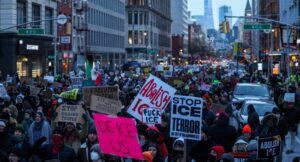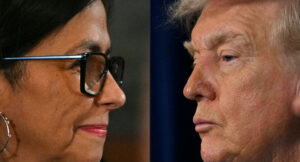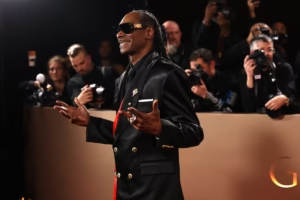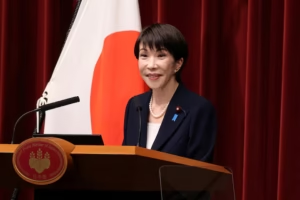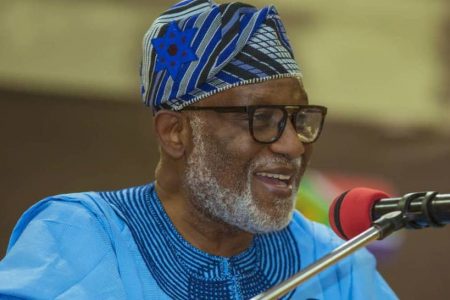
The governors of 17 southern states had made the demands after meeting in Asaba, Delta state capital, on Tuesday.
They called for a ban on open grazing in the south, asked the president to be fairer in political appointments, and urged him to address the nation on the prevalent insecurity challenges.
Commenting on the resolutions during an interview on Arise News on Wednesday night, Akeredolu said it is highly unlikely that the presidency will ignore the southern governors.
He said: “Getting a presidential buy-in might be some cause for concern, but 17 governors from the south… I believe that whatever we have said should be given some weight, it must be something that has to be considered. That means the presidency will look at it and consider it. The number is large. It is more or less like half of us.
“I know that if we had called our brothers in the middle belt, they would have signed up to this. I even know that there are some of our brothers even in the north that would have signed up to this communique, who also believe that the time has come for us to have dialogue.
“I know Mr president. He gets this. It has to be considered. It must be considered. Because the number of governors involved are not one you can just push aside. When you talk about this dialogue, it is a matter of serious concern to us. It is not a parlour gossip. It is a matter that came from serious, in-depth discussion of governors.”
Akeredolu also expressed optimism that the northern governors will support the position of their southern counterparts.
The governor said some of the northern governors had earlier opposed open grazing and pushed for the creation of state police.
He said: “We have a number of northern governors who support our position. I give an example with the governor of Kano state who had over and over again, vehemently opposed open grazing.
“He is a Fulani man and he continually says that open grazing is not in the interest of his own people and that to continue in this mode of animal husbandry in this age and time, is also not in the interest of the Nigerian economy.”



